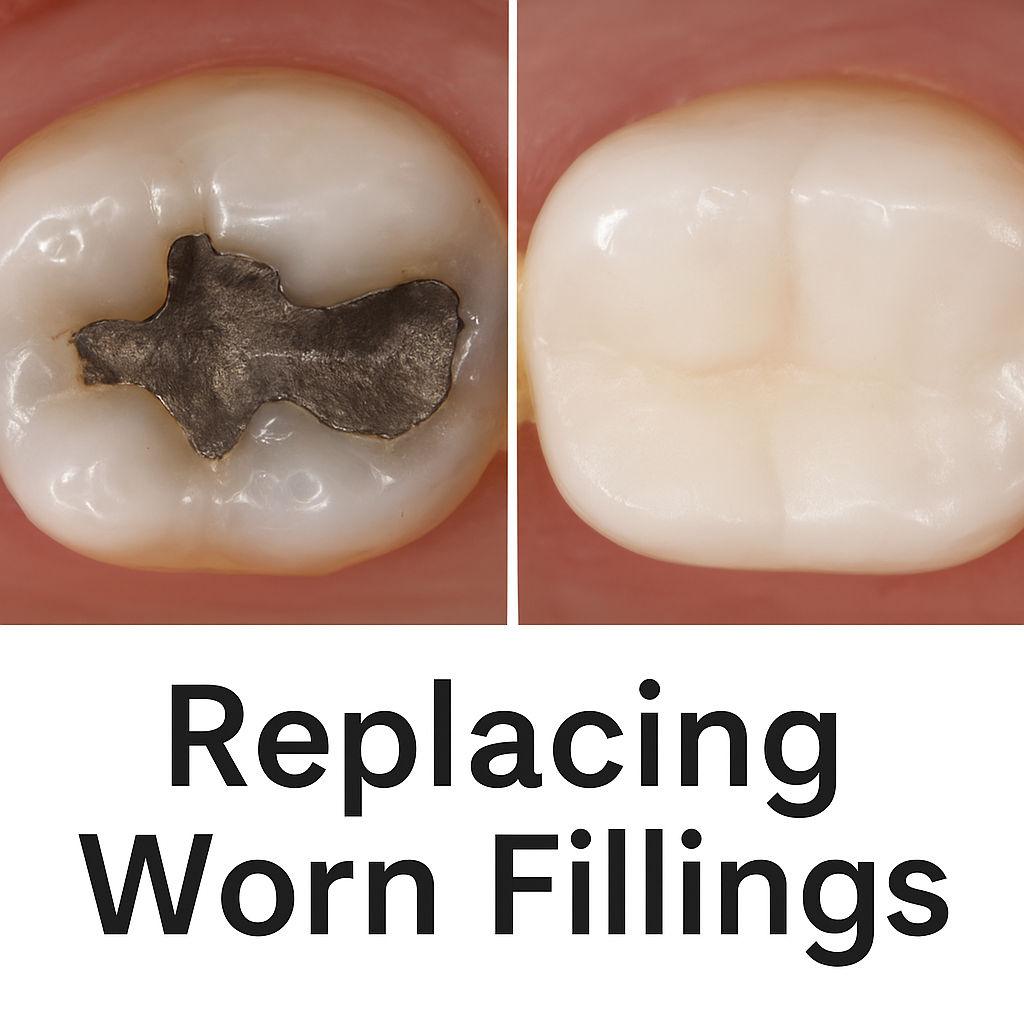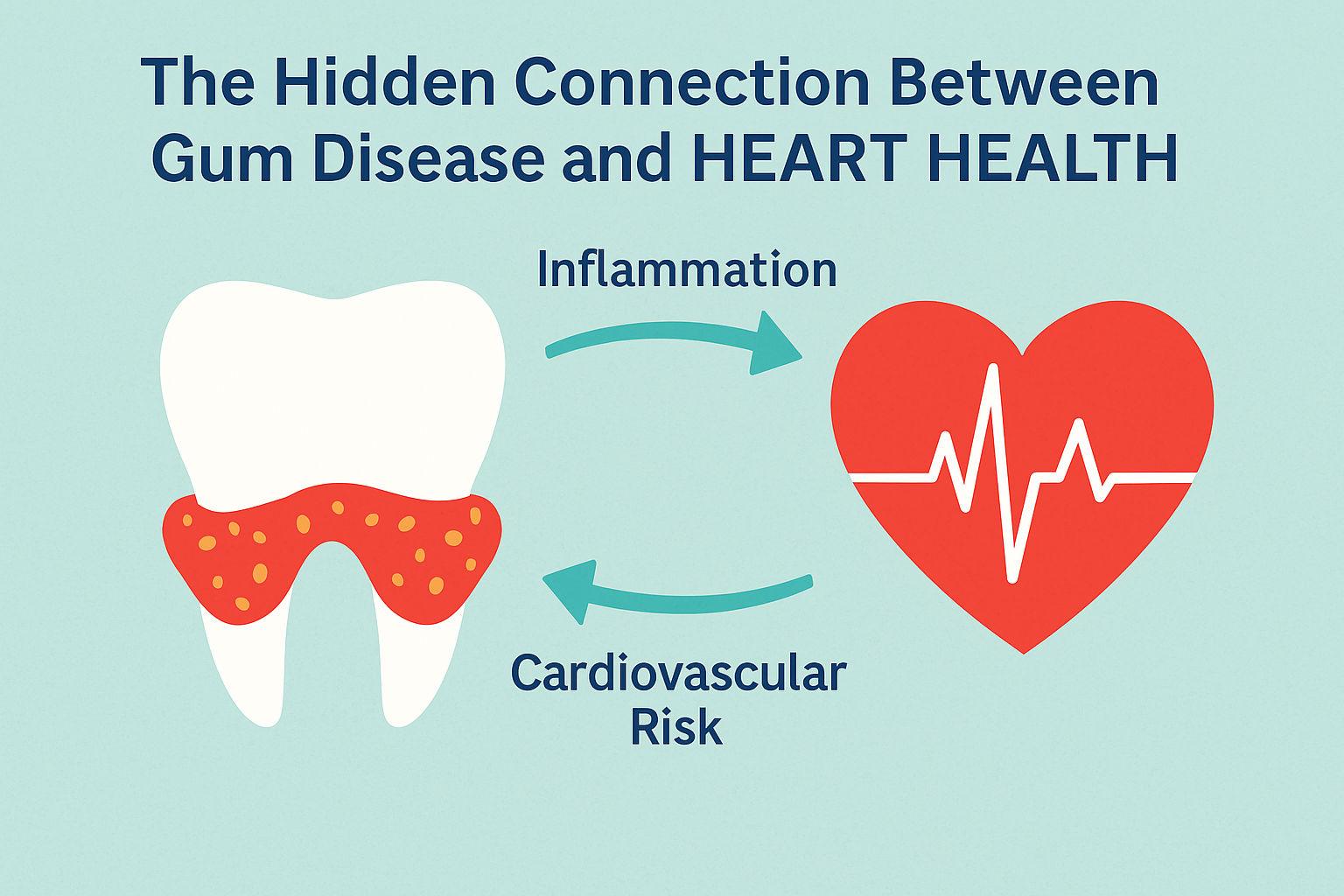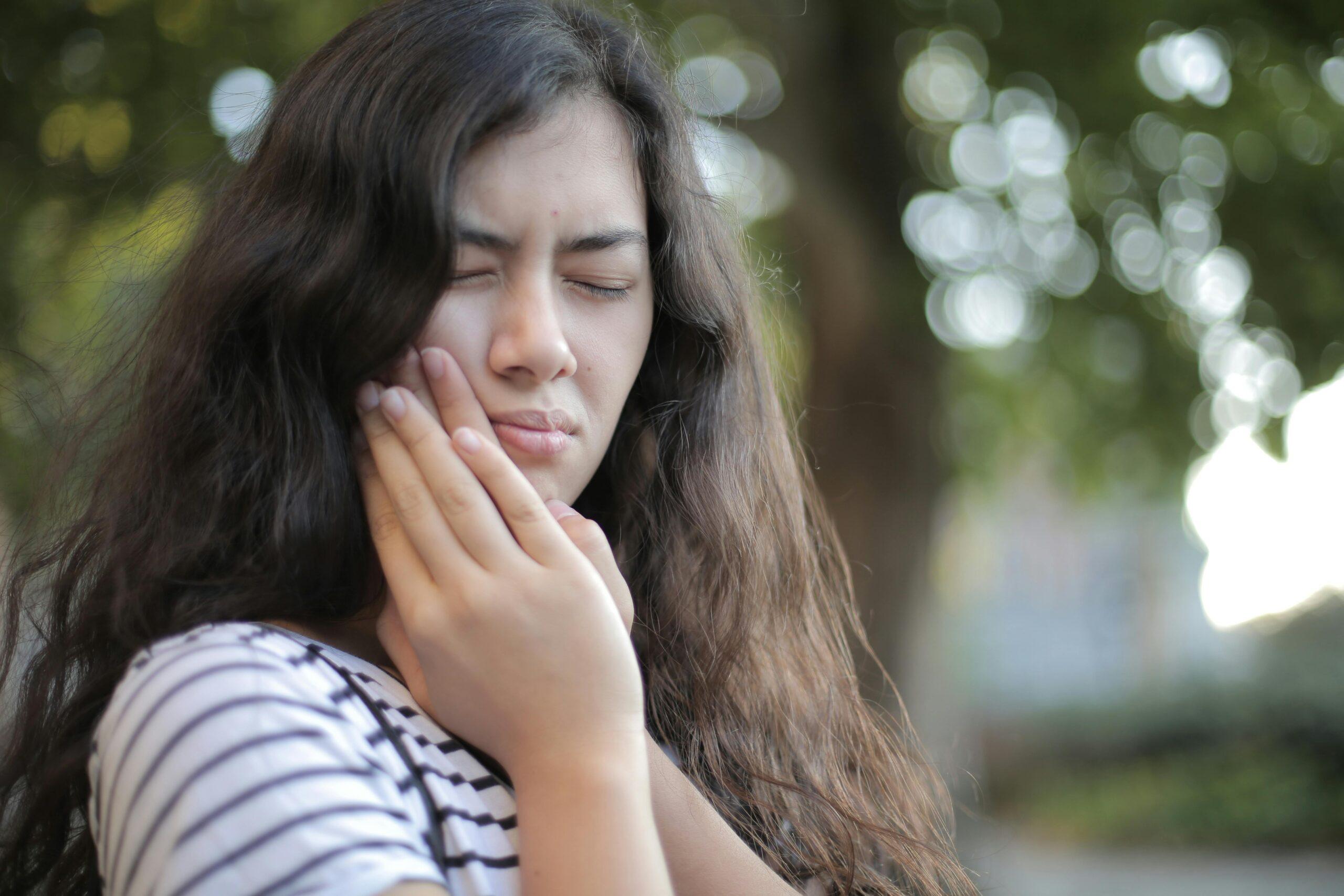Blog Highlight:
- Breastfeeding can help babies avoid different health problems
- Breastfeeding can help your child avoid malocclusions
- Nursing mothers can continue to breastfeed their child even when the first tooth has emerged
- Breastfeeding can help your baby avoid “baby bottle tooth decay”
- Nursing mothers who need dental treatments can opt for antibiotics which are safe for the baby
- Mothers need to maintain proper oral hygiene to avoid transferring bacteria to their baby
Breastfeeding is the most personal decision that a mother can make for her child’s health. Breastfeeding can provide a lot of benefits for the baby; it can help the child avoid SIDS, obesity, and other kinds of health problems. Nursing moms are also less susceptible to ovarian and breast cancer. But what many people do not know is that breastfeeding also has a significant impact on both the mother and the child’s dental health.
Breastfeeding for properly formed teeth
In 2015, a study from a pediatrics journal was able to discover that babies who were breastfed exclusively for half a year were very less likely to have malocclusion or crooked teeth. These babies were also less likely to suffer from cross bites, over bites and open bites than those babies who were not breastfed or those who were breastfed only for a couple of months.
Breastfeeding however, does not give full assurance that the baby will never suffer from any periodontal problems later on. This is because factors like thumb sucking, the use of pacifiers, and even genetics, can have a significant effect on the alignment of the baby’s teeth. According to Dr. Ruchi Sahota, a mother and the spokesperson of the American Dental Association, each baby is different. And the best way for moms to care for their child’s dental health is to allow dentists to monitor the emergence of baby teeth, and to allow them to check if their child’s permanent teeth will arrive at the proper time.
Should I wean my baby as soon as my child gets teeth?
Many parents ask this question as soon as their baby’s first tooth erupts. The answer is it all depends on what the parents want.
The American Academy of Pediatrics recommends that a mother breastfeed her baby during their first year of life. The World Health Organization on the other hand, wants mothers to breastfeed their children during the first two years. While Dr. Sahota, recommends that a mother should stop breastfeeding her baby only until she thinks that doing so is what’s best for her and for the child.
Breastfeeding helps your child avoid tooth decay caused by infant formula and other beverages
Also known as baby bottle tooth decay, this condition is typically caused by the constant exposure of your child’s teeth to sugars found in infant formula. The decay usually starts at the upper front teeth, but it may also affect other teeth. It is prevalent in babies who are allowed to sleep in bed with a bottle of milk, fruit juice, or sugary beverage in hand.
Yes, breastfed babies can have cavities!
Many moms wonder whether breastfeeding can help their child avoid cavities. Unfortunately, natural breastmilk can cause tooth decay. This is simply because breastmilk also contains natural sugars.
Whether your baby is breastfed or bottle fed, it is important that you care for your child’s teeth right from the start. A few days after birth, parents must wipe their baby’s gums with a clean, moist cloth or gauze pad once a day. Tooth brushing must be done as soon as the first tooth erupts. Use only a small amount of fluoride toothpaste during brushing.
Pregnant or Nursing mothers who need dental work must check their medications
Nursing moms who need dental work may be required to take certain medications. To make sure that these medications are safe for the baby, you need to consult with your pediatrician, personal physician, or dentist first. Since there are available antibiotics that will not harm the baby, Dr. Sahota, says that it is not only safe for pregnant or nursing mothers to see their dentist whenever they need to, it is also important that they do so for their child’s health.
Nursing moms can also get more information about different prescription medications at the U.S. National Library of Medicine’s Drugs and Lactation Database (LactMed). You can search this database and learn all about how a specific medication might affect your baby or your milk supply and whether this medication has a safer alternative. You can talk about what you learn from this resource with your doctor.
Moms need to maintain proper oral hygiene too!
Dr. Sahota raises concerns over new moms who are no longer able to maintain their health as well as they used to. There are a lot of new mothers who are too busy with taking care of their babies. As a matter of fact, moms who spend a lot of time catering to their child’s needs are no longer able to maintain their oral health properly.
Unfortunately, even a slight lack of proper oral maintenance can cause serious dental problems. Mothers who lack oral hygiene can even give their babies bacteria from something as simple as sharing a spoon. But by brushing twice a day, flossing once a day, and seeing your ADA dentist regularly, you can stop tooth decay, you can prevent cavities from forming, and you can avoid transferring bacteria to your little one.
New moms who are under a lot of stress, as well as pregnant women who have a hard time sleeping at night are also prone to bruxism or teeth grinding. These women can have a lot of muscle tension on their head and neck area, this leads to jaw stiffness and eventually, teeth grinding.
Nursing mothers also need to stay hydrated. A dry mouth can easily develop cavities and gum disease. This is why breastfeeding mothers need to have enough water every day.
And for a final piece of advice, Dr. Sahota says that just as moms are required to put on the oxygen masks first before they put on their child’s mask in an airplane, moms who do not prioritize their health will not have the time or the energy to make sure that their baby is healthy too.









